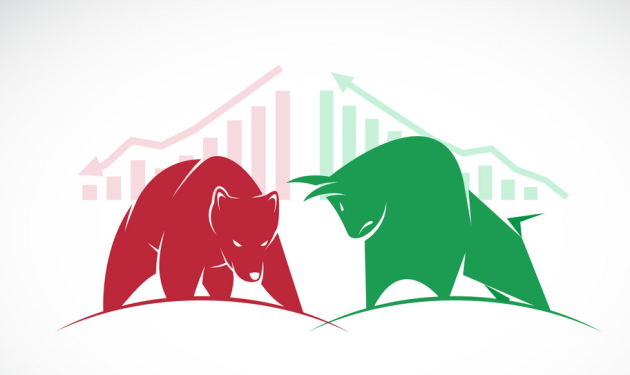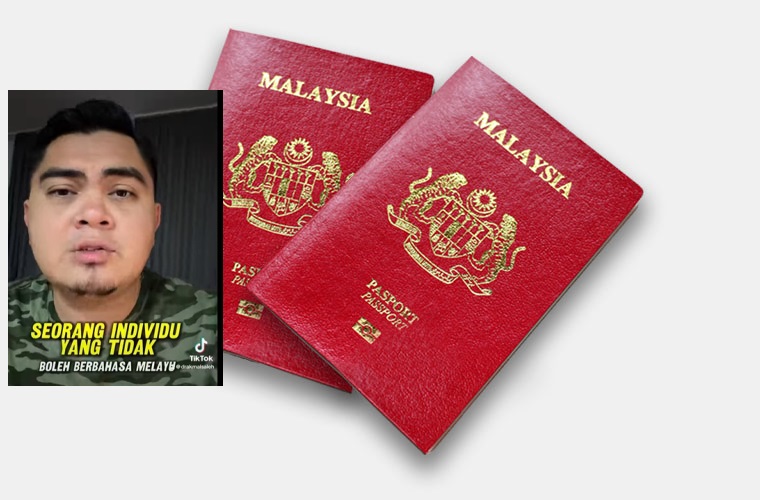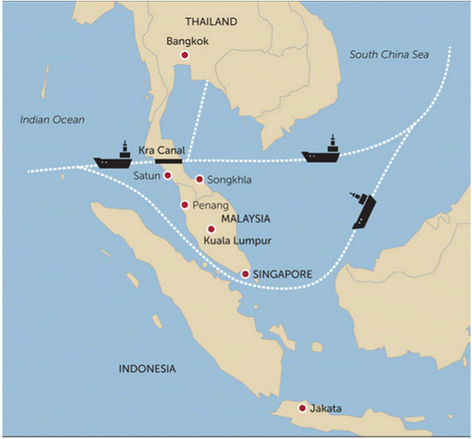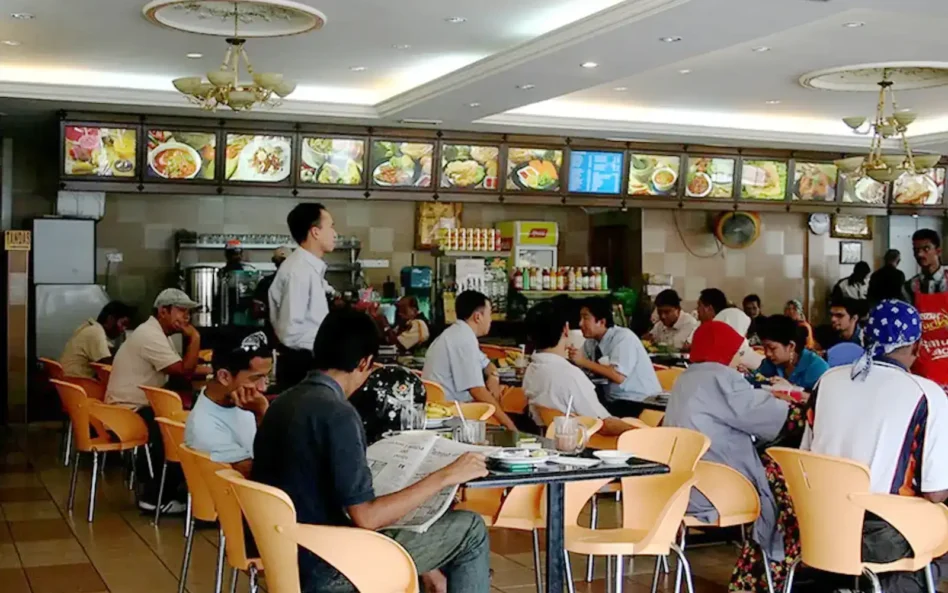WHEN the Squid Game (Korean survival drama) hit Netflix in mid-September, it caused an ambiguous response from the public and movie critics and rightfully so, as many could not see beyond the grotesque, exacerbated, bloody depiction of murders in “just another survival game”.
However, others probably realised that the creators of the movie have deliberately exaggerated the brutality. The aesthetically pleasing decor in bright and joyful colours during the games or the relaxing, soft and melodious background music played—all of this intentionally makes the on-screen violence even more pronounced.
With that, some souls, not accustomed yet to a reflection-less consumption of graphical content from the screen, will undoubtedly find the cruelty of various societal vices depicted in the movie to be more traumatising scene, even in contrast with the excessive physical brutality.
As the game progresses, the Squid Game turns out to be a multidimensional (socio-economic-political) reflection of life in a sick society drowning in moral decadence, heightened individualism and spiritual chaos. These scenes depicting humanity from its lowest to its highest are now out there for us to reflect deeply and course, correct.
The drama series is full of symbolism, multiple meanings, and hidden references. To those watching closely enough, it is not just about South Korean society but has universal appeal.
The drama explicitly touches more fundamental societal problem—the general tendency and ardent desire to live beyond one’s means. This greed and thirst make some gamble even with the money they do not own, parts of their body or the dual value of life (own life and lives of others).
The relentless pursuit of personal gain at the expense of others is, unfortunately, the code of conduct in our social-economic-political life.
Some observant spectators might probably even exclaim that the Squid Game must have been written by a politician as it depicts everything that a typical politician is in moral agreement with—fraud, absence of shame, dishonesty, double standards, empty promises, breaking promises, outright trickery, coldhearted treachery and corruption.
Player 001 sums up succinctly the unspoken postulate of nowadays politics: “Life is like a game, there are many players. If you don’t play with them, they will play with you”.
Thus, for most politicians, the moment at power is like a day in the Squid Game facility—a day that has no tomorrow.
Corrupt politicians putting us under Squid Game
They use identity politics to break us apart and eventually break us. Like the Squid Game masters, they make us believe that we need to compete for personal gain at the expense of others. Sometimes they divide us into smaller teams, while at other times, they say— “we need to be one team”—without really meaning it.
Like in the Squid Game, they claim the system to be fair and equal for all, but it turns out it is not on many occasions.
Nowadays, even convicted political leaders go hands-free; and we should not be surprised to see them in the political arena again, with solid support.
Moreover, the night of the violence scene in the Squid Game graphically illustrates what happens when a group of people learns that any sin goes unpunished in the system—the sin mushrooms in abundance, variety and brutality.
In this regard, it is interesting to analyse how the theme of the people, society, again grotesquely, is discerned in the Squid Game.
In the drama, numerous scenes illustrate how the players (society) remain ignorant and fixated on their personal gain continuously reiterated to them by the Squid Game masters.
However, the “glass stepping stones” game is probably the apotheosis of such ignorance and the model of our society.
Note that no one has forced them to complete this game. According to “the rules”, they could have jointly voted any time to stop the game. And in these circumstances, it makes all the perfect sense to do so (even while being driven by the personal gain) because it is easy to estimate immediately that the death rate in this game on average should be certainly much higher than 50% (the exact death rate was 81.25%).
However, when personal gain (some more elusive) overshadows not only the common good but the self-preservation instinct itself… We have the state of the nation that we have—self-destruction.
Your vote matters…especially now!
In contrast to this, the critical moment and probably the key message of the controversial Netflix drama is in the “squid game” scene itself. When one player, while just a step away from winning the entire cash prize, turns back towards his almost defeated opponent, stretches out his hand and invokes to go back home together!
We need to stop allowing divisive politics to destroy the nation and us. It has always been the case—just like in the Squid Game, the signs were there on the wall all this while. Did not we have enough of Squid Game for just these last two years of the pandemic?
Perhaps, right now, many are losing hope and see no avail in voting. However, exactly now is when we need to come together as one and start voting to stop the Squid Game.
Let us together make sure that selfish, dishonest, corrupt and simply ignorant politicians have no future in our country. Show zero tolerance to them. They may give petty handouts in their political campaigns but then steal not only billions of ringgit but the national future from all of us.
We can accept whatever handouts, as they are ours (the taxpayers’) money anyways. But at the same time, we should still vote only for selfless, sincere, competent, professional, high integrity, God-fearing characters to be our national leaders who are full of compassion, empathy and genuine love and concern for the welfare of the people.
Let us go home together, Malaysians! Remember the Squid Game and reflect. – Oct 30, 2021
Rais Hussin and Margarita Peredaryenko are part of the research team at EMIR Research, an independent think tank focused on strategic policy recommendations based on rigorous research.
The views expressed are solely of the author and do not necessarily reflect those of Focus Malaysia.










